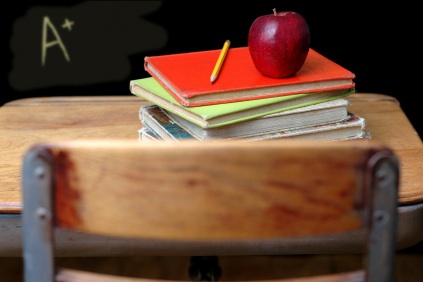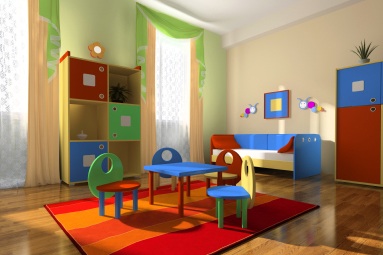Your first contact with your child’s teacher is probably the most important. You have to build a rapport and develop a relationship of trust with her. Therefore, the time and setting are important. It would be a good idea to meet within a week of the school’s opening.
As the teacher may not have had much time to get to know your child, she may not be able to tell you much, but it’s a beginning. If there is something that is vital for the teacher to know, you could tell her at this time and arrange to have a follow-up meeting at a later date if need be.
There could be several things that you may want to tell the teacher: he is a quiet child and is not used to eating lunch if he does not have company. These may well be small issues but they are important for the teacher to know so that she can take remedial measures.
Let the teacher know from the start that you want to work along with her, that you are truly concerned that your child receives a good education and that you want to help.
After your child has spent a few weeks in school it would be nice to call or drop a note to get a feedback on your child’s progress.

Getting Ready for School [Illustration by Shiju George]
- How does my child fare when he is interacting with other children?
- Does he participate with other children in group activities?
- What are the activities he likes or dislikes and why?
- Are there activities I could help with so that he is equipped to interact with the other children.
- Is there anything you notice about my child that I should be aware of?These are some questions that a parent with a child in kindergarten may think of:
- Do you think my child is ready for school?
- Are there any things you notice about language and motor development that we need to work on to prepare the child for the formal structure of the coming year?In the second or third class the list of questions expands:
- For some days now my child has been saying that he is dumb. How do I deal with him?
- Is my child experiencing difficulty with any specific skill? If so, what is it?
- How can we help him with these skills?
- What can I do to encourage or help my child learn to read? Are there materials I could use at home?So, go ahead and establish that vital contact with your child’s teacher.










